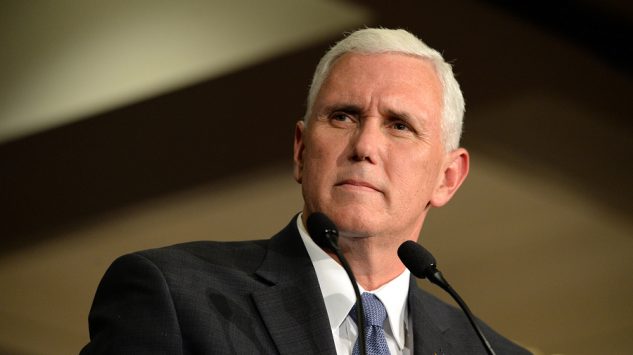If the troubled presidency of Donald Trump ends early, vice president Mike Pence would presumably become president. It doesn’t take much imagination to figure out what that would mean for domestic policy because Pence is a movement conservative who has been remarkably consistent over the years on subjects like abortion and regulation. When it comes to the military, though, Pence’s views are less clear. His father was a decorated combat veteran in Korea and his only son is a lieutenant in the Marine Corps. Pence hails from a region and a tradition that venerates military service. His voting record over six terms in the House was generally hawkish. But like fellow Tea Party alumnus (and White House budget director) Mick Mulvaney, Pence looks like more of a deficit hawk than a defense hawk. In other words, he probably wouldn’t back big increases in military spending unless they could be offset in a way that minimized new federal borrowing. With personnel and readiness always funded first in the Pentagon’s budget, modernization of aging combat systems might lag in a Pence administration — despite his Hoosier-based affinity for heavy manufacturing. I have written a commentary for RealClearDefense here.
